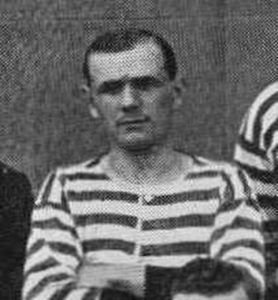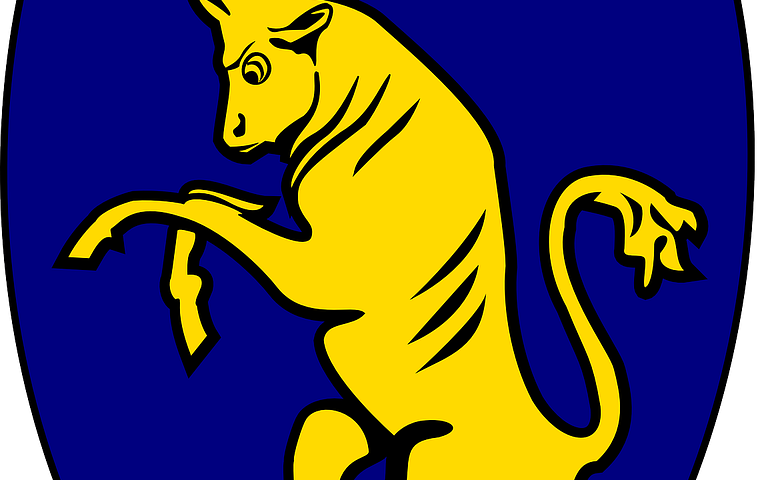It may be a long way away from most other parts of the UK, but we find that when people come to live and work here with us at RGU, they also tend to come to love the place and the people amongst whom they have made their new home. For a start, there are so many interesting, indeed fascinating characters in the North-East of Scotland – and there always have been.
Take for example, footballer William Aitken. You may already know that Aberdeen FC has an illustrious history in the Scottish game, being one of only three of Scotland’s clubs to have won a European trophy (the European Cup Winners’ Cup in 1983, under Alex Ferguson), but our influence on continental football goes back much further than that.
William Aitken was born in 1894, in Peterhead, and played football in the early 20th century for Queen’s Park (pictured), Rangers, Newcastle, Preston and Norwich. He was a forward who was known for his trick of bouncing the ball on his head as he ran along the touchline.
After the First World War, the celebrated Huddersfield and then Arsenal manager, Herbert Chapman, began to revolutionise football with a ‘W formation’ that would come to dominate the game up until the 1960s. Aitken, who was keen to get into management, realised that copying Chapman’s methods was a smart move and when he had the chance to move to Turin in 1928 to become the manager of Juventus, he took these ideas with him.
Hi s formation became known as the ‘sistema’ in Italy and, it’s fair to say, that not all of Juventus’ players liked it. However, the club had had limited success before his arrival and they finished second in the league in his first season there. The next season saw league restructure and the introduction of Serie A, the top league today in Italian football. Juventus finished third that season and, with the support of club president Edoardo Agnelli (of Fiat cars fame), Aitken’s methods were slowly ground into the players. Today, it is generally acknowledged that he laid the foundations for Juventus’ period of domination in the 1930s and their many subsequent years of success at the top of Italian football.
s formation became known as the ‘sistema’ in Italy and, it’s fair to say, that not all of Juventus’ players liked it. However, the club had had limited success before his arrival and they finished second in the league in his first season there. The next season saw league restructure and the introduction of Serie A, the top league today in Italian football. Juventus finished third that season and, with the support of club president Edoardo Agnelli (of Fiat cars fame), Aitken’s methods were slowly ground into the players. Today, it is generally acknowledged that he laid the foundations for Juventus’ period of domination in the 1930s and their many subsequent years of success at the top of Italian football.
William Aitken moved to manage AS Cannes in France in 1930, winning the Coupe de France in 1932. He also managed two other clubs in France, Stade de Reims and FC Antibes. After the Second World War, he managed clubs in Belgium and Norway before returning to England, where he worked as a sales representative for a wine company. He died in 1973.
In 1966, a Juventus magazine described him as “a very nice man,” and gave him full credit for being the first to introduce British training methods into Italy. He’s yet another example of the way in which the north-east of Scotland has punched way above its weight in the world and we’re proud to count him as one of our own.
Julie Skinner, Resourcing and Benefits Specialist, RGU.
*OK, it’s actually Peterhead, but Torry makes a better headline!

